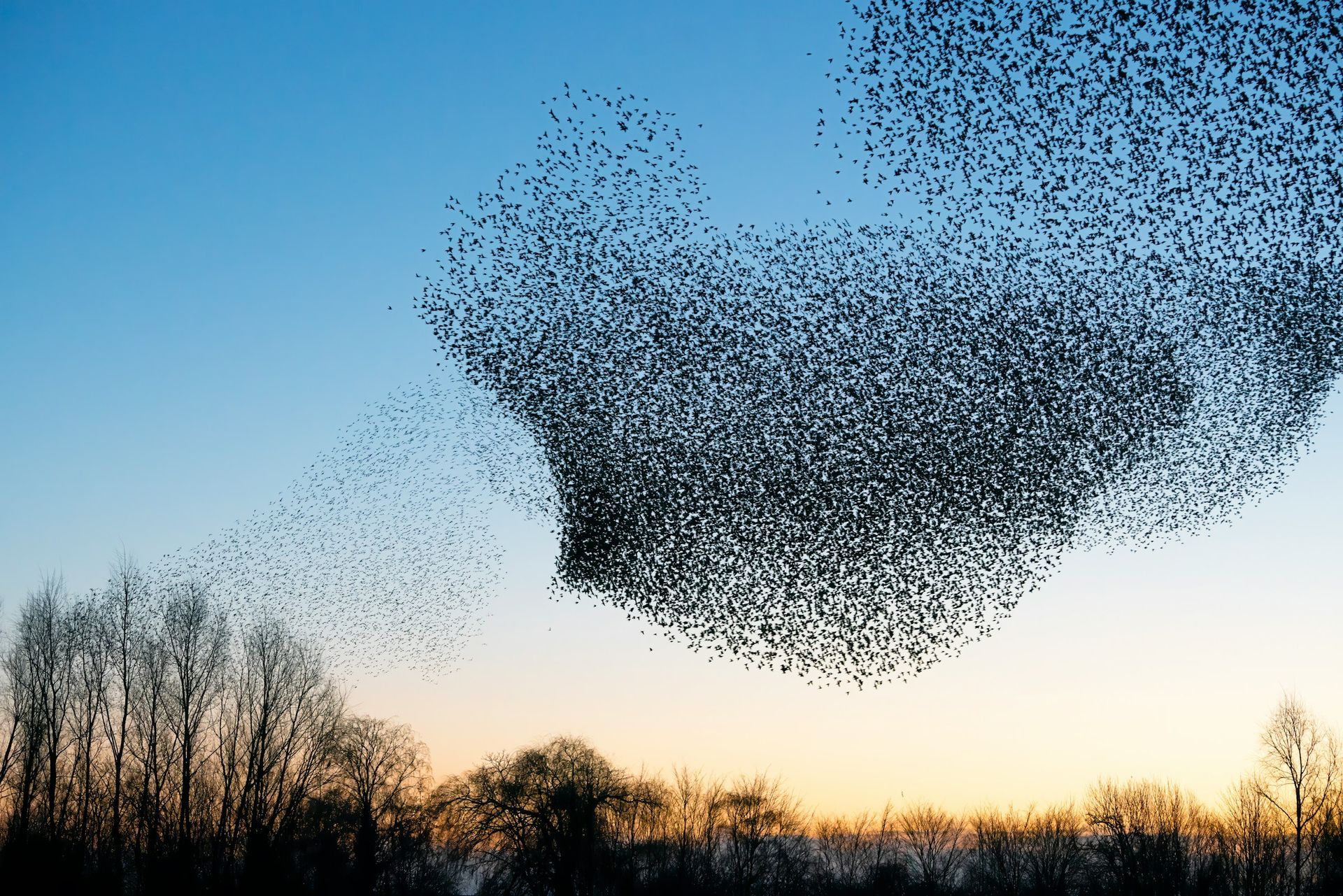Together We Stand; Together We Learn
Dear friends,
Last weekend, Joe Costello TD, Minister of State for Trade and International Development, revealed in an interview with the Sunday Business Post that Ireland will not meet its 0.7% of GNP target for overseas aid by the 2015 deadline. Abandoning our aid commitments risks undoing the progress that has been made to create a more just and sustainable future for everyone. IDEA has issued a press release which you can find here. Please circulate this, and please feel free to adapt it. Please also share any feedback and comments with us.
This decision comes at a crucial moment as governments across the world are in the midst of deciding global ambitions and goals for development and sustainability for the next 15 years. The United Nations post-2015 goal-setting process will reach its pinnacle during the coming year. Development education values have been at the heart of the discussion so far. Local global interdependence is central to the current emphasis on taking a universal approach to these goals involving all countries, and by extension all people, throughout the globe. There has also been a strong emphasis on people’s participation in the decisions that affect their lives, highlighting the importance of active citizenship and development education. Therefore, the development education community has a central role to play in this process, both in elaborating these themes and in educating people, politicians, and our own communities about them.
Last week I represented DEEEP and the DARE Forum at a meeting in Istanbul called by the United Nations, CIVICUS , Overseas Development Institute and the UN Foundation to discuss a worldwide civil society mobilization for 2015. The meeting was attended by a range of international NGO’s, civil society networks, campaigners, activists and educators.
It was agreed that 2015, and the confluence of the inter-governmental negotiations on climate change and the post-2015 sustainable development agenda, offers a once in a generation opportunity for transformational change.
It was also agreed that no ‘one size fits all‘ approach could possibly harness the diversity of perspectives, issues and approaches that will be needed to create a global mobilization. So, the meeting decided to aim for light-touch coordination and umbrella communications resources that could be used and adapted in local and national contexts. I worked on a shared narrative which aims to capture key global justice issues. You can read the conference communiqué here. I would be very interested to hear your feedback. CIVICUS will take the process forward in the coming weeks and we will keep you informed of any developments and opportunities. I believe there is an essential role for the development education community in this approach to a post-2015 campaign that is taking a justice centred approach to interdependent issues.
It is essential that it is an educative process that engages, educates and mobilizes people in all countries to create a transformative shift in our approaches to development, sustainability, and our global society.
Last year at the IDEA conference we explored the idea of global citizenship and its place in education and activism. The Wheel , the network of Irish community and voluntary organizations, are initiating a process to explore what we understand by citizenship in Ireland today and for the future. Last Saturday I was invited to join a discussion on the question of ‘what do citizens expect and what is expected of citizens?’ This was a challenging, stimulating and very educational few hours. The Wheel will be initiating a series of public conversations between now and 2016 and I would urge IDEA members to join in for both a thought provoking discussion, and a great way to interrogate and reflect on our notions of active citizenship and global citizenship. We will share further news in future e-circulars.
Looking forward to working together on these challenges and opportunities.
All the best,
Frank








